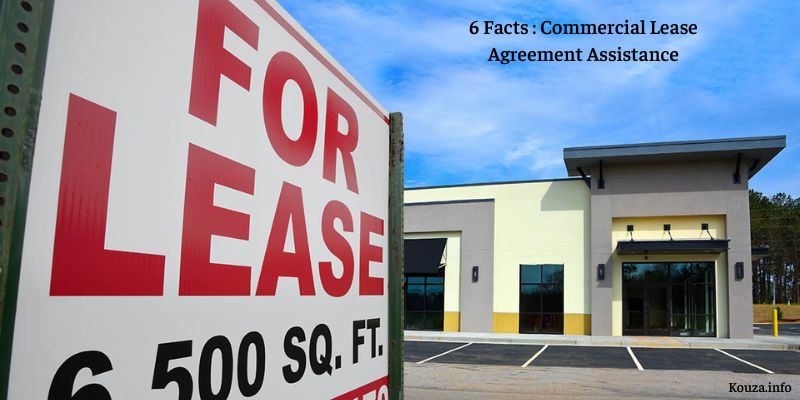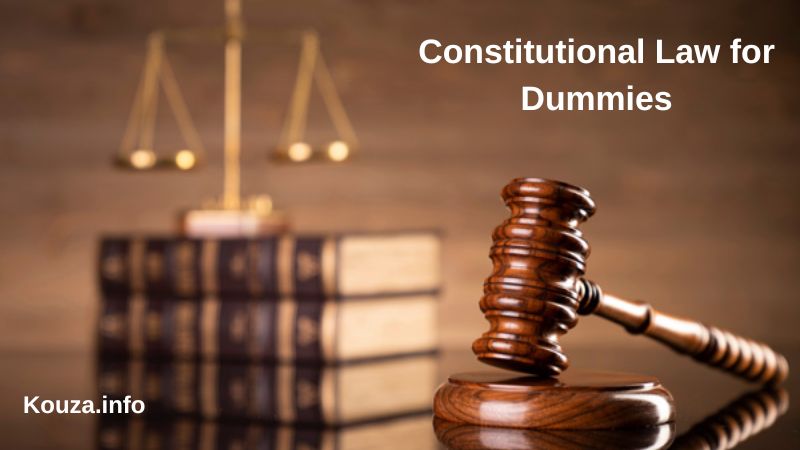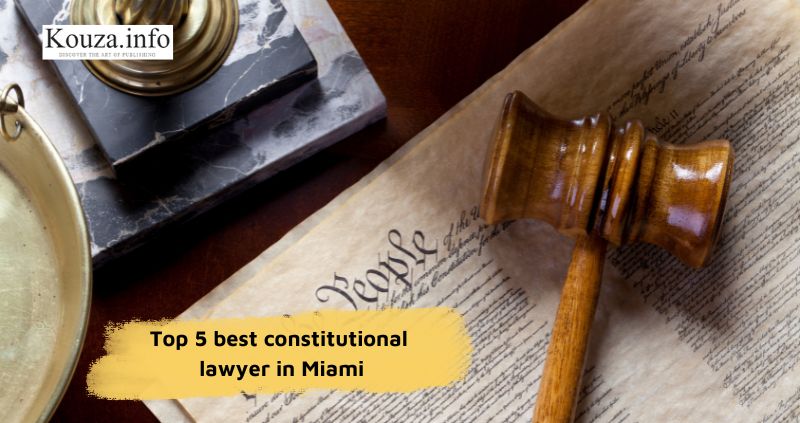6 Facts : Commercial Lease Agreement Assistance

You require a solid understanding of commercial lease agreement assistance whether you are signing your first lease, getting ready to move, or renewing an existing one. Contrary to home leases, commercial leases are very much “buyer beware.” With little to no further protections, your rights are exactly as they are spelled out in the lease. Explore further on kouza.info
1. A commercial lease agreement assistance: what is it ?

In order to rent property for retail, office, or industrial use, a landlord and tenant (usually a business owner) must enter into a commercial lease agreement assistance . This agreement is legally binding. The term “commercial” designates a property that will be utilized only for commercial activities. The annual rent is calculated using the price per square foot ($/SF) plus any related running costs.
Due to the lower initial outlay, many business owners opt to rent rather than buy real estate. Whether it be a modest sole proprietorship or a huge corporation, commercial renters are permitted to run any type of business.
2. Commercial Lease Agreement Assistance: How Do Commercial Leases Work ?
Commercial lease agreement assistance is a contract between a business and a landlord to rent each other’s properties for use as offices or other commercial properties. Simply put, “commercial” refers to a lease that is for commercial rather than residential purposes. From a lone entrepreneur with a modest but expanding firm to a significant multinational corporation, anyone can be a commercial renter.
3. Commercial Lease Agreement Assistance :What’s Included in A Commercial Lease Agreement ?

Most commercial lease agreement assistance are negotiable and must accommodate the needs of the tenant’s enterprise. However, the majority of commercial leases will contain the following standard provisions. Each lease will differ depending on the needs of the landlord and tenant.
The lease must include a complete and accurate description of the property that is to be rented. It ought to contain details like the address of the facility, the size of the room, the location of the communal areas, and parking options.
Changes or increases in rent: Commercial agreements frequently contain clauses addressing annual percentage-based rent hikes. Normally, the tenant and landlord can work out a deal on this.
A business owner will need to put signage on the premises to advertise their operation. It is crucial that the lease specifies the types of signage and sign sizes that are permitted on the land without forbidding them.
Repairs and improvements to the property: This clause, which is frequently seen in business lease agreements, specifies whether repairs and enhancements to the property are permitted. This provision will specify who is liable for the cost of upgrades and whether the tenant is required to restore the property to its previous state at the conclusion of the lease.
Many companies ask to have the option of subletting their office space to a different company. This is due to the fact that the commercial lease agreement will still be the tenant’s responsibility even in the event that the business fails. The lease contract should specify all conditions pertaining to subletting the property.
Use clauses are included in commercial lease agreement assistance to specify the kinds of activities that tenants are permitted to carry out on the property. This guards against harm and responsibility to the building and the landlord. To permit various types of activity on the property, a renter will need a broad usage clause.
If the rental property is located in a complex with numerous apartments, an exclusivity provision is crucial for the tenant to have in the commercial contract. This precludes a landlord from leasing extra spaces to rival companies.
4. Commercial Lease Agreement Assistance :Commercial Leases: Common Forms

Besides the typical annual lease arrangement, there are numerous more kinds of business leases. The following list represents more forms of business lease agreements:
Net Lease: In a Net Lease, in addition to the agreed-upon monthly rent, the tenant is also in charge of paying the majority, if not all, of the taxes, insurance, and upkeep expenses.
Double Net Lease: In a double net lease, the renter is also responsible for all taxes and insurance costs.
A Triple Net Lease is one in which the tenant is responsible for paying the rent as well as the taxes, insurance, and upkeep.
Absolute Triple Net Lease: An Absolute Triple Net Lease releases the landlord from all maintenance, insurance, and tax obligations. Repairs to a building’s roof or main structure may be among the costs that the tenant is expected to pay.
Percentage Lease: If a tenant signs a percentage lease, they must pay base rent as well as a portion of their sales and profits.
Fully Serviced Lease: A Full-Service Lease, also known as a Gross Lease, specifies that the rent price includes utilities and all other services that a tenant would often be required to pay for individually. Typically, a brief-term lease agreement would use this.
5. Commercial Lease Agreement Assistance :What Are the Responsibilities of a Commercial Landlord?
The kind of lease terms that commercial property landlords agree to with their tenants may affect their obligations. The following is a list of general duties to think about:
The property’s ability to be used for renters’ potential business operations will need to be verified by the landlord. This can entail looking into the regulations and construction codes for particular kinds of enterprises.
The landlord will have to select how they want the tenants to utilize their property and may have obligations. For instance, a landlord might not be permitted to rent premises to a rival if a business rents from a tenant.
6. Commercial Lease Agreement Assistance :What Are a Commercial Landlords’ Responsibilities?
Commercial property responsibilities Depending on the kind of lease conditions they agree to with their tenants, landlords may be dependant. The following is a list of general obligations to think about:
- Specifications of the property: The property’s ability to be used for renters’ potential business operations will need to be verified by the landlord. This can entail looking into the regulations and construction codes for particular firms.
- Determines how tenants will use the property: The landlord will have to make a decision regarding the tenants’ usage of the property and may be subject to certain responsibilities. For instance, if a company rents from a tenant, the landlord might not be able to lease space to a rival.
Conclusion
Commercial lease agreement assistance is only a pact between two parties to sign a lease at a later date. The lease may provide the tenant permission to enter the property to perform maintenance work, but it is not a tenancy (i.e., a lease) in and of itself, and the tenant is not given many rights with regard to the property.
Conclusion: So above is the 6 Facts : Commercial Lease Agreement Assistance article. Hopefully with this article you can help you in life, always follow and read our good articles on the website: kouza.info




